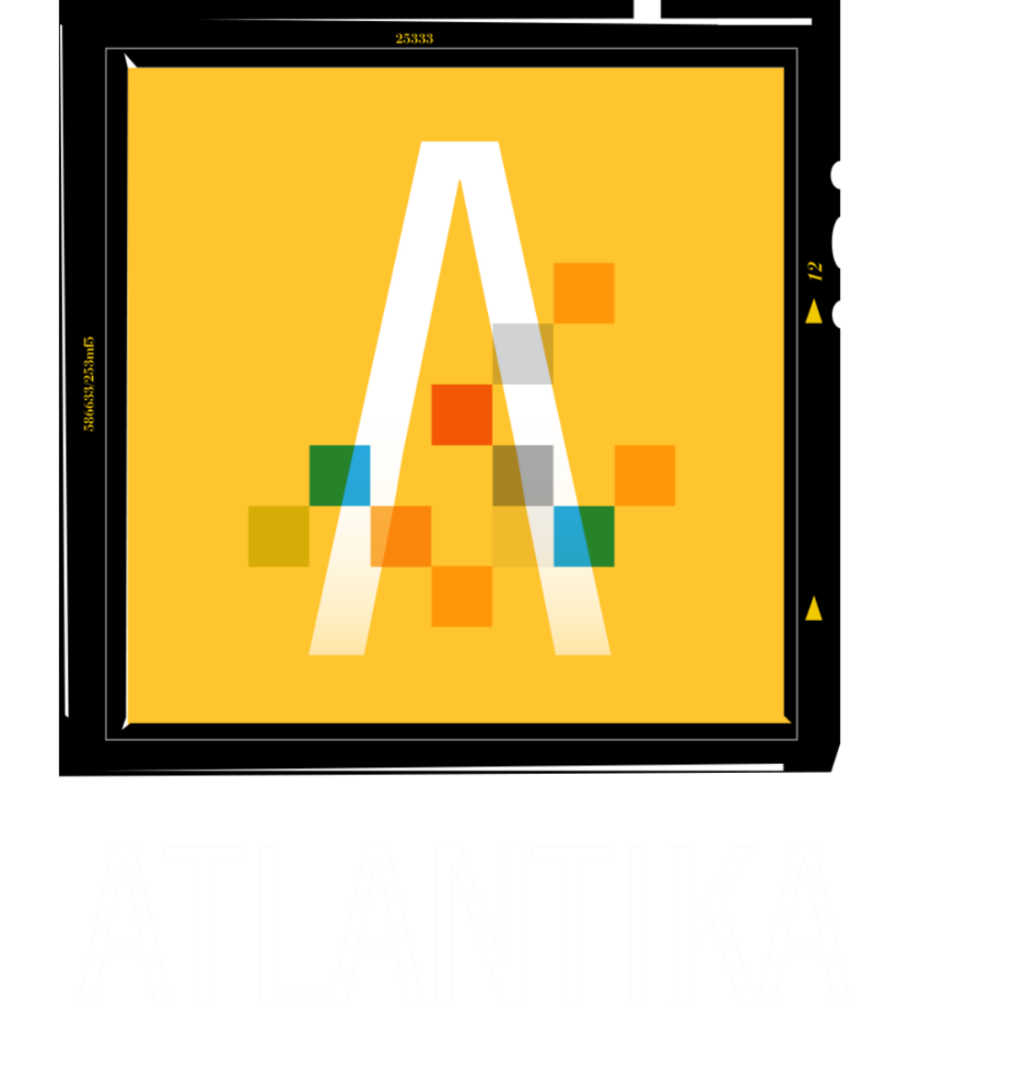Mark Isaac & Gabriela Bulisova
One of the large banners currently hanging in Prague, the capital of the Czech Republic. Picturing Czechoslovak hero Milada Horáková, the banner reads, “Murdered by Communists.” The banners were installed to mark the 70th anniversary of her execution.
History is being written now, and it has rendered a verdict. This age calls on all of us to defend basic human rights and human dignity.
The signals are all around us, so numerous and prominent that they cannot be ignored. The continued brutal murders of people of color by law enforcement in the United States. The manner in which the coronavirus crisis impacts the poor and people of color much more than the privileged. The decline of democracy and the rise of increasingly autocratic rule in places like Hong Kong, Hungary, Brazil, the Philippines, the United States and elsewhere. The second economic recovery plan in just 12 years that very obviously prioritizes corporations and the rich over average people.
But it’s not easy to know the best way to respond...or the lengths we are willing to go to make a stand for our principles. In the last few months, protesters in the United States risked arrest, brutality, and coronavirus by marching to fight racism. In the last few days, protesters in Hong Kong risked imprisonment and cruelty in the wake of the new Chinese security law that forcefully breaks China’s commitment to keep Hong Kong independent through 2047.
With these events in our minds, we arrived in the city of Prague, immediately noticing that the city was full of banners in red and black, all with the photograph of a woman, Milada Horáková, who has a very special place in Czechoslovak history.
Trained as a lawyer, she focused extensively on campaigning for social justice and for women’s rights. She first came to national prominence as a member of the resistance against Nazism during World War II. As a result of her resistance activities, she was tried by a German court, convicted, and held in concentration camps in Czechoslovakia and Germany until the war’s end, when she was liberated by American forces. She then returned to Czechoslovakia to continue her fight for freedom and democratic principles.
In the years following the war, Czechoslovakia was in political turmoil, with Communists pressing for power. They tried first by democratic means but weren’t able to win a majority. So, in February 1948, with Soviet backing, the Communists took control of the government in a coup d’etat. By then a member of the Czechoslovak parliament, Horakova resigned in protest. And rather than leave the country, she continued to speak out in favor of political freedom for all. After extensive, unsuccessful efforts to persuade her to cooperate, the Communists eventually arrested her in 1949 and put her on trial for conspiracy to overthrow the regime.
Despite being physically and psychologically tortured in prison, Horáková refused for an extended period of time to confess to crimes she didn’t commit. Eventually, under extreme pressure, she did sign a confession and in a Stalinist show trial held in 1950, was sentenced to death along with several other “co-conspirators.” Although many notable figures from around the world, such as Albert Einstein, Eleanor Roosevelt and Winston Churchill, appealed for mercy on her behalf, Communist leader Klement Gottwald upheld her death sentence and Horáková was hung on June 27, 1950. Among her last words were these incredible sentences: “The birds are already waking up -- it is starting to dawn. I am going with my head held high.” As is the case with many executions, historically and in the present moment, the hanging was exceptionally brutal and continued for at least 13 minutes before Horáková died.
Although she confessed after being tortured, Horáková spoke eloquently at her trial, defending fundamental democratic principles. And so it was, a few days ago, that loudspeakers around Prague honored her memory by replaying critical moments in the trial. Without warning, on the morning of the 27th, the voice of the prosecutor could be heard across the entire city, accusing her of treason. And then Horáková’s voice rang out in all of Prague’s neighborhoods, strong and proud, declaring among other things, that “no one in this country has to be made to die or be imprisoned for their beliefs.”
Milada Horákova’s photographs from the time of her arrest in 1949, when she was charged with conspiracy to overthrow the Communist regime.
Mark didn’t understand Horáková’s precise words or those of the other trial participants, but it really wasn’t necessary to grasp her exact meaning. When she spoke, her fundamental decency, her courage, and her impassioned plea for freedom were universally recognizable, deeply moving, and awe-inspiring.
Milada Horáková was one of the rarest breed of people -- those who are willing to die to uphold their fundamental beliefs. As the world retreats from democracy, from treating people fairly, and from keeping people healthy, it is increasingly apparent that we must be a part of the resistance. Although most of us can never have as much courage as Milada Horáková had, we can strive to do a little more than we thought possible. And that will be a fitting way to honor her memory and the memory of other heros who have also lost their lives for reasons of conscience.



